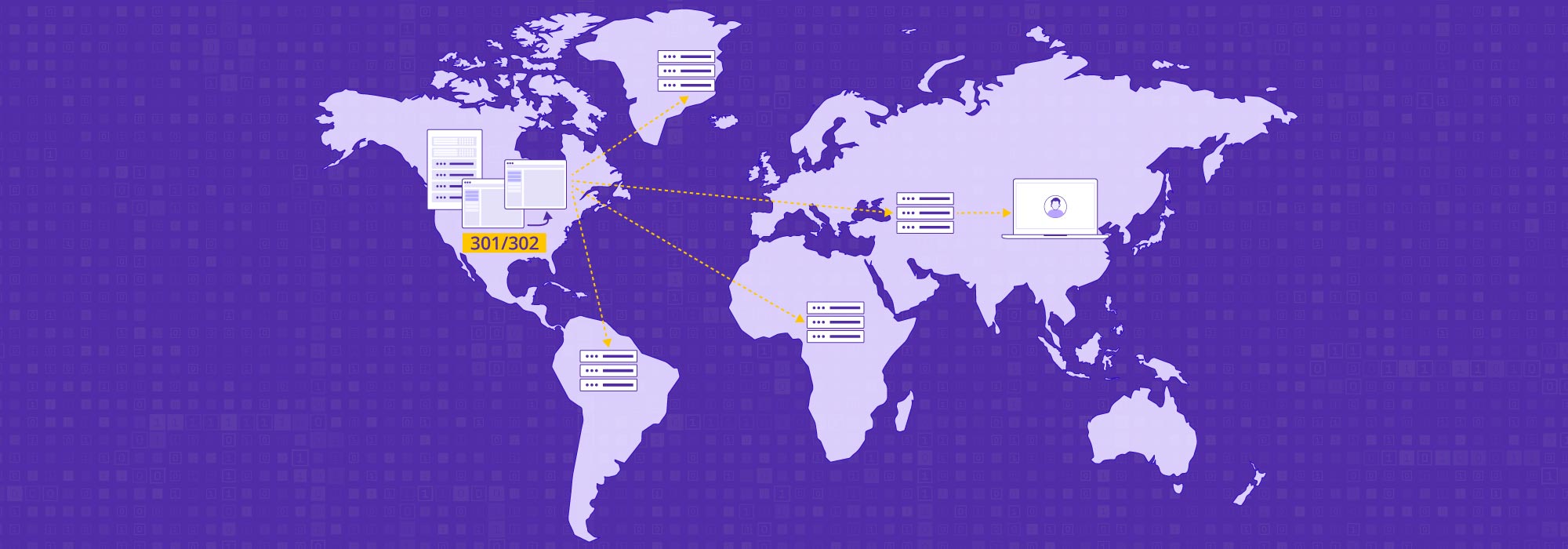The explosion of the World Wide Web for modern day business has been quick and indisputable, connecting small local businesses into a global market of commerce. We now, as consumers, conduct billions of transactions daily in a plethora of verticals whether it’s buying clothes, sending flowers, confirming banking transactions at clicks of a mouse or a push of a smart phone button.
The ease of modern day global buying and selling, however, has left websites and applications equally as exposed to security threats with many market experts claiming DDoS attacks (distributed denial-of-service) to be the most “sinister”.
“The whole point of a DDoS attack,” according to one technology start-up in Israel, “is to take down the website and to stop them trading. If they are a large company then a couple of hours could equal millions in terms of lost revenue.”
An even more worrying trend for customers is just how easy (and cheap) it has become to bring down a website. Sakura is just one of many companies guaranteeing to bring down site for $50 in a malicious but untraceable attack.
One new business customer from the spread betting industry said during a meeting that these attacks aren’t sporadic: “They are most likely a disgruntled customer who didn’t get their trade in on time. But it could easily be a competitor who can knock your website down for a couple of hours to pinch your business.”
Related content: What is a DDoS Attack?
The CDN Solution
Like many services in the cloud and software field, there are many different options varying from $20,000 to $250,000 a year to protect sites against such attacks with many CTOs not blinking at the monthly costs, understanding the financial implications involved if a site is attacked.
According to a Forrester Research report a CDN DDoS solution offers “both web performance and digital security” under one package when it comes to a straight forward ROI model. In addition, one solution can be used across not just web platforms but also dynamic, mobile and video content as well. Other solutions, especially in the hardware space, are limited in terms of capacity and typically deal with attacks not on the edge but within your hosting environment.
Besides this, there’s also the added benefit of cost effectiveness with the cloud: Ron Fraser, CTO of cloud services at Microsoft, said: “If nothing else, the fundamental shift that cloud brings is a democratisation of access to the economies of scale. You can be a small company, and you can access the same globally diversified, resilient infrastructure that an IBM or a JP Morgan can have at the same unit price point.”


